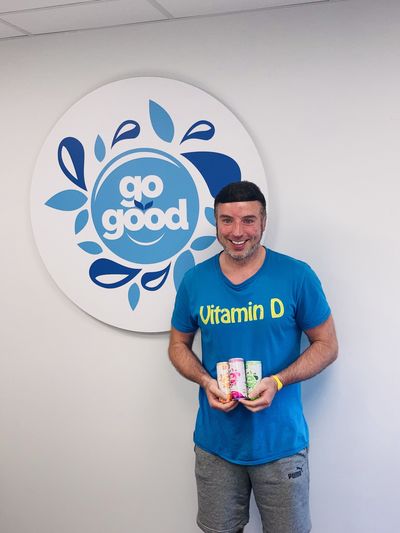
Lee McCusker (BA; MSc; MSc; MSc; ANutr; SENr) is a registered public health nutritionist (ANutr) and sports and exercise nutritionist (SENr) from Belfast. He runs his own private nutrition practice in West Belfast where he works with the general public as well as athletes. Lee is our nutrition columnist and is a nutrition lecturer on HND programmes in Belfast Met College. Lee has robust academia behind him with a total of four University Degrees including two MSc’s in Food and Nutrition and Sports and Exercise Nutrition through Ulster University.
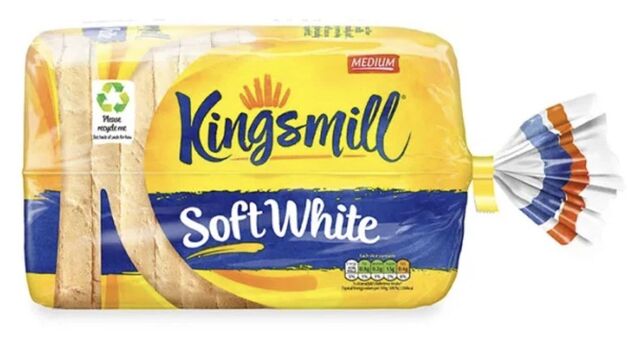
WHITE bread is not inherently bad or toxic, despite the fact that increasing numbers of consumers view it with suspicion and doubt.
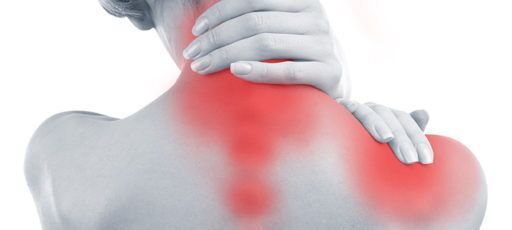
INFLAMMATION is our body’s natural defence mechanism against injury or damage. Redness and swelling occurs when our bodies immune system reacts to threats.

OSTEOPOROSIS is a condition where bones become thin and their strength is reduced. This makes them more likely to break. It affects both men and women but is most common after the menopause.
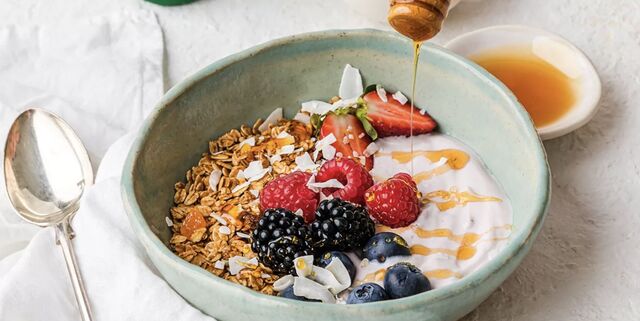
GREEK yogurt is a beneficial fermented food and makes up an important part of your recommended three dairy a day, including cheese and milk.
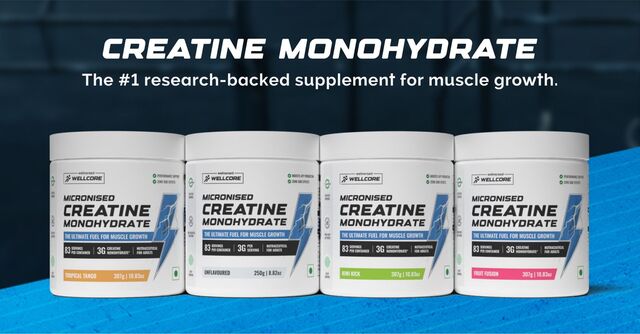
CREATINE is one of the most popular dietary supplements worldwide. It is relatively safe for most people, although it needs to be avoided by people with kidney conditions.
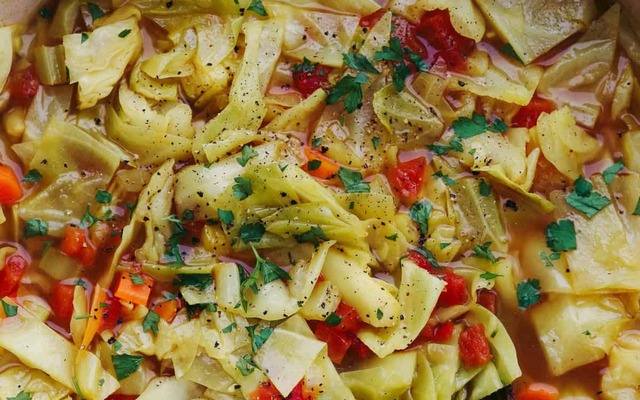
REGISTERED nutritionists know all too well that the New Year creates a huge amount of interest in lifestyle and diet from so-called health gurus. This is easy to see after the festive period as brands use this time to prey on potential customers and encourage them to think they need to invest in a new product or new diet. Some of the diets that do the rounds include Atkins, alkaline, detoxes, cabbage soup, blood type, ketogenic, maple syrup, paleo, juice cleanses, whole 30 and potato. And of course celebrity-endorsed diets with no scientific backing.
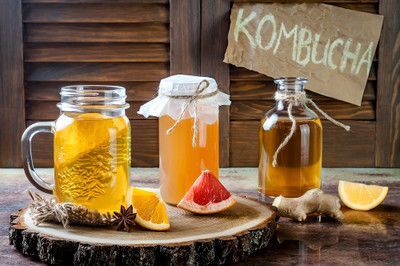
KOMBUCHA tea is a fermented milk drink made with tea, sugar, bacteria and yeast cultures. Once these are mixed it is left to ferment with the resulting drink having vinegar, B-vitamins, probiotics and amino acids or proteins.
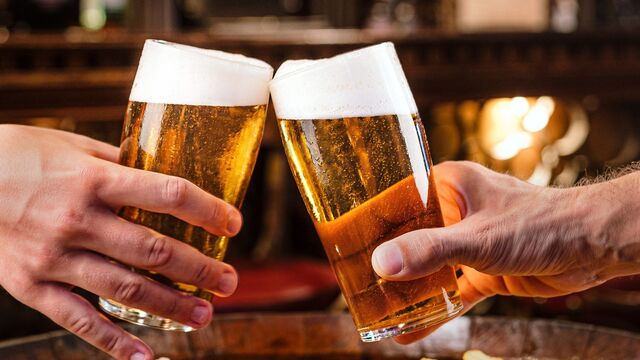
IF you drink alcohol at high levels or dependently then – apart from the many other issues – you may be at risk of becoming deficient in some of the essential nutrients and vitamins your body needs to function appropriately.
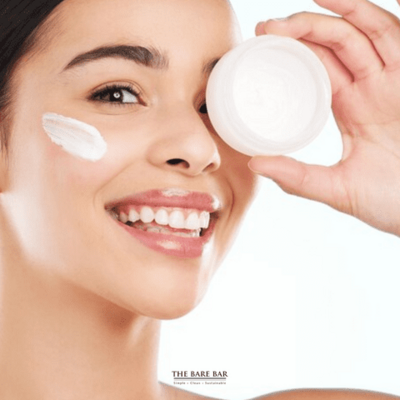
EATING a diverse and balanced diet is very important for skin health. A diet that is rich in vitamins (A, B2, B3, B6, C, D and E) and minerals (zinc and selenium) is key for skin health.
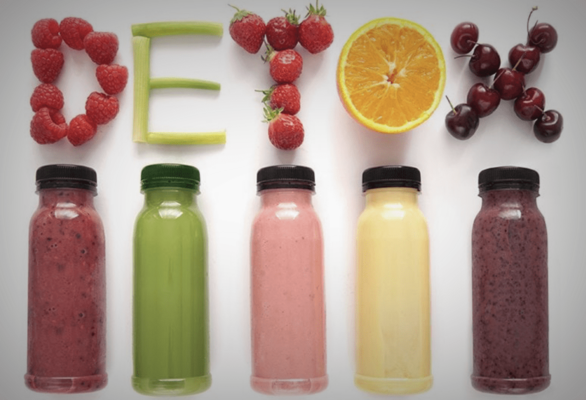
DETOX is a popular word in the health and wellness world. It refers to the idea that from time to time we need to clear toxic waste from our bodies to stay healthy.

NUTRITIONAL labels give you the information you need to understand which products are the healthiest. By checking the label each time you buy something, you will take more control of your shopping and eating habits.
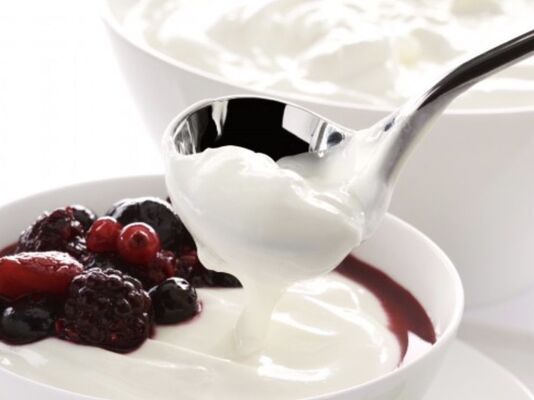
WE know that eating lots of fruit, vegetables and fermented foods are good for our gut, but what foods should we avoid for optimal gut health?
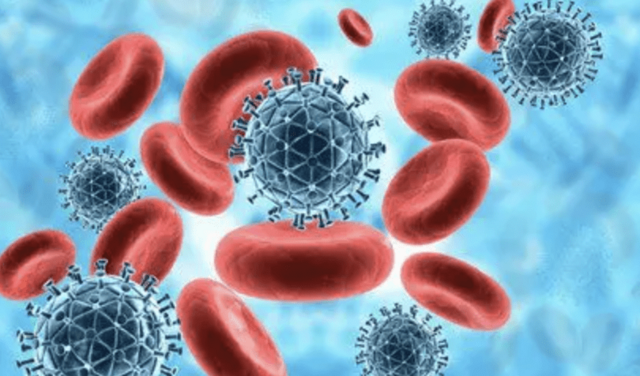
EVERYONE seems fascinated by the connection between our lifestyle choices and our health.
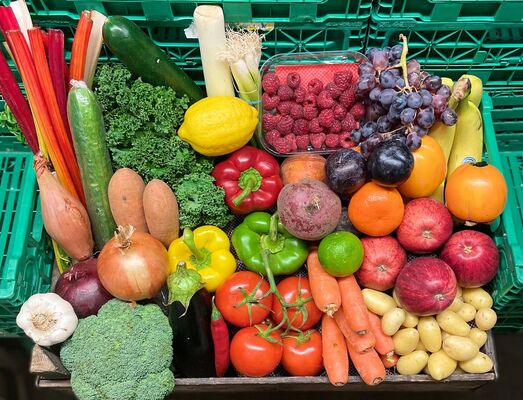
THERE is no single gold standard when comparing a mixed diet of moderate animal foods (meat, dairy, eggs, fish) and plant foods (bread, rice, pasta, fruit and veg) with a fully vegan diet (plant foods only).
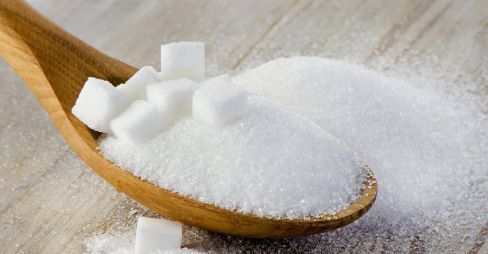
THE cells of our bodies use sugar (glucose) for energy. This has led to the idea that cancer cells grow faster than usual with sugar feeding them.